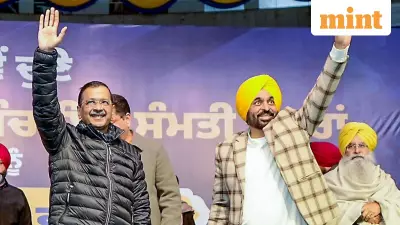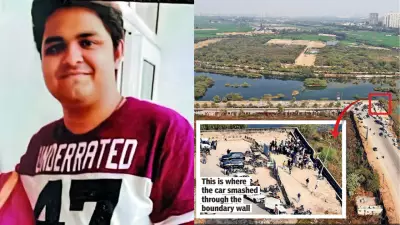
The Delhi High Court delivered a stern rebuke to the Central government on Tuesday for deliberately concealing crucial facts in the ongoing promotion case involving former Narcotics Control Bureau (NCB) zonal director Sameer Wankhede. The court didn't mince words, imposing a significant fine of ₹20,000 on the government for its lack of transparency.
Court's Strong Stance on Government Conduct
Justice Saurabh Banerjee expressed deep disappointment with the government's approach, highlighting how important details were conveniently omitted from official records presented before the court. The bench emphasized that such concealment undermines the judicial process and hampers fair proceedings.
The court specifically noted: "Suppression of material facts cannot be taken lightly. When the government itself engages in such practices, it sets a dangerous precedent for the entire judicial system."
Background of the Controversial Case
The legal battle revolves around Wankhede's promotion prospects within the NCB hierarchy. The former zonal director, who gained national attention during the high-profile Cordelia cruise drug bust case involving Shah Rukh Khan's son Aryan Khan, has been fighting for what he claims is his legitimate right to career advancement.
The controversy took a dramatic turn when it emerged that the Centre had failed to disclose complete information about departmental procedures and promotion criteria relevant to Wankhede's case.
Financial Penalty and Future Implications
The imposed fine of ₹20,000 serves as both punishment and deterrent against future attempts to mislead the judiciary. Legal experts suggest this ruling could have far-reaching consequences for how government departments handle court proceedings and maintain transparency.
The court has directed the government to submit all relevant documents and complete information by the next hearing date, warning that further non-compliance would attract stricter action.
This case continues to highlight the ongoing tensions between judicial oversight and government accountability in administrative matters concerning law enforcement officials.





